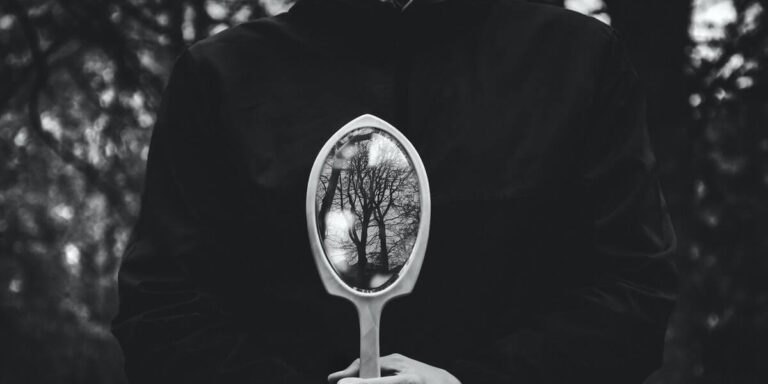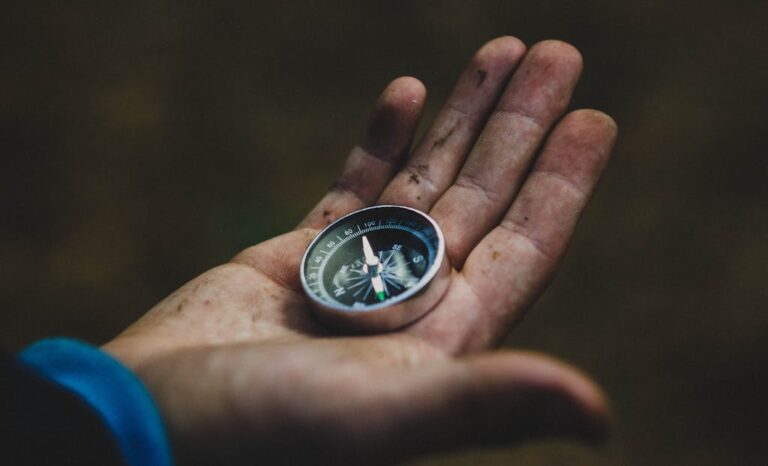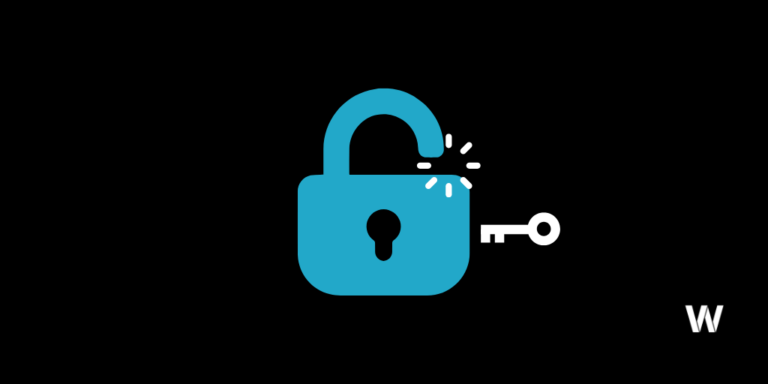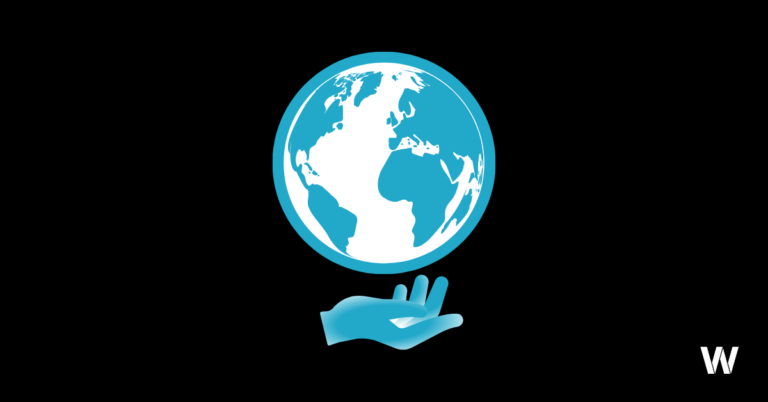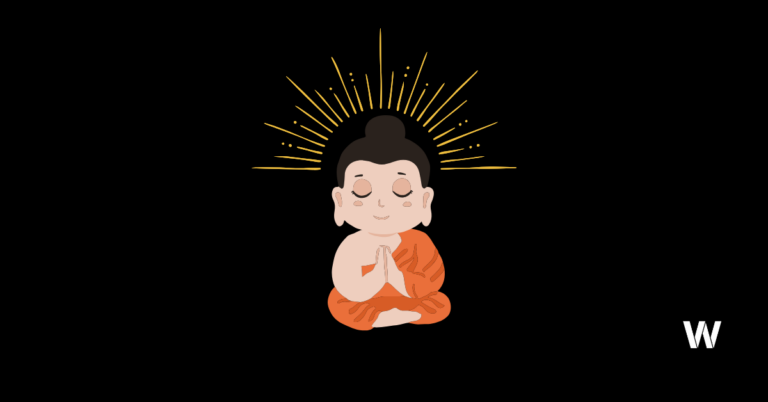Why You Need A Lot Less Than You Think
By Warren Wong

Buddha said, “Desire is the root of all suffering.” Perhaps that sentiment is as relevant now as it was 2500 years ago. When do we say enough is enough? When do we know?
At the most basic level we need food, water, and shelter, necessities for our survival. Outside those basic needs all else fall on the other side, the side of wants. Perhaps simplistic, but a starting point.
Consume, Consume, Consume
Society tells us we need things to be happy; the latest upgrade, the coolest gadgets, and a never ending supply of if only you had this, then you can finally be happy. Happiness is talked about as a destination, but that is far from the truth. Happiness is a fluctuating state, one which is born from choice, and has to be made daily.
Our society is founded on the opposite, its economic foundation dependent on us wanting more, with corporations peddling the latest trinkets to capture our desires. The money we spend on goods is hard earned in exchange for our limited resource of time. How many hours of our life will we trade for the latest model of consumer good we lust for? How many days, weeks or years for our dream house? Each desire has a price tag, whether it’s peace of mind or time in exchange for work.
Exiting society and living off grid isn’t an attractive choice for most of us, so learning to coexist in this modern way of life is essential. There are plenty of modern luxuries that improve our day to day, but just as many to our detriment.
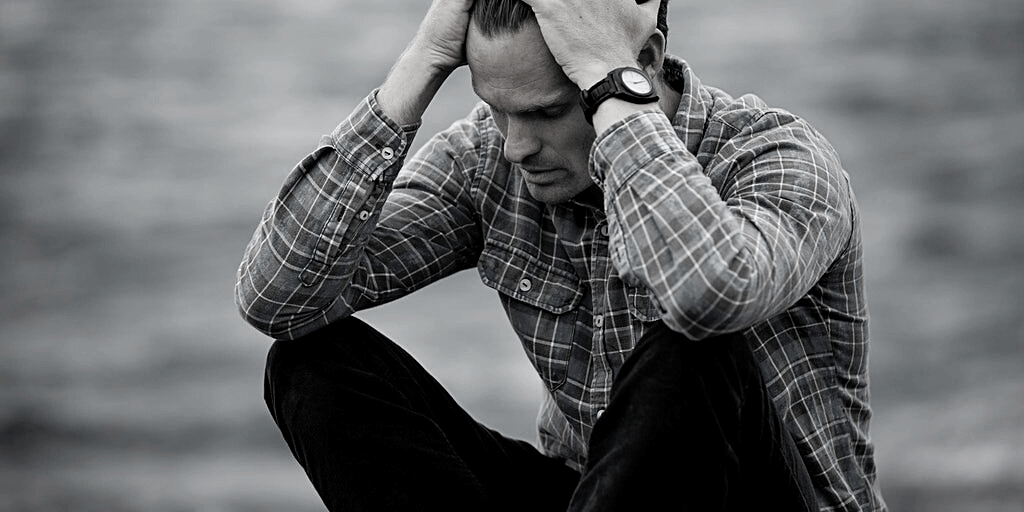
Social media was invented to bring people together, but it also has the ability to tear people apart, incite envy, hyper-competition, and provide cheap dopamine hits. Modern conveniences like the dishwasher, delivery applications, and trains has freed up time and increased our productivity more than any point in history, yet ailments of the mind are higher than ever: depression, loneliness, suicide, drug abuse.
Wanting Less, An Antidote
What is the antidote for this madness? How can we learn to coexist and strike a balance between needs and wants? If outside of our basic requirements for survival are wants, and desire is the root of all suffering, that begs the question of: does this mean that we are perpetually suffering? In a way, yes, it does. So the less we want, the less suffering we will experience, must also be true. Perhaps this is the shortcut for winning the game of life itself.
To want less, requires a mindset shift, one from scarcity to abundance. We have a tendency to covet instead of appreciate. The practice of gratitude is appreciation of what we already have. Abundance is all around us, most of it free: the sun on our skin, the nature surrounding us, the love of our friends and family, or a delicious meal. When we come from a place of abundance we are less likely to desire more.
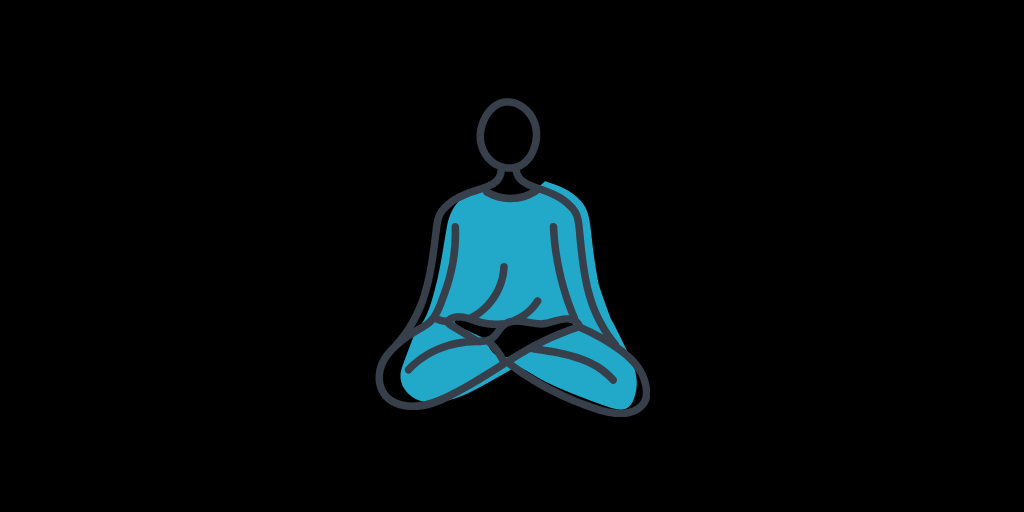
But, alas, we’re not all monks, and even they struggle with these base human desires, which they dedicate their lives to tame. It is more wise to strike a balance, to learn to coexist with our desires. Our desires are personal and unique to our way of life and lived experiences. We must contemplate on what we truly desire and whether it is worth the cost of time, energy, and peace of mind.
Choose Your Suffering
There will always be a certain level of suffering in our lives. If we must suffer, take back control and choose what you will and won’t suffer for.
Our lives are made up of a series of choices, even the ones you don’t make, is a choice. If we view our lives this way, it gives us power back. It empowers us to be in the driver’s seat, where we choose the direction to head. Suffering doesn’t have to be viewed negatively. Some of the things that give us the deepest sense of accomplishment and purpose are usually difficult to achieve, born out of suffering. Whether it’s university or running a marathon, these accomplishments all require a degree of suffering.
Our view of suffering, as something to be avoided or something to be embraced shapes our lives. It can be empowering, the origin of our success story or it can be our kryptonite, making us cower, and fear to even try.
Conclusion
Outside our basic survival requirements, we don’t need as much as we think we do. Finding appreciation in what we already have and what’s all around us is the antidote to the chaos. Awareness that life is full of suffering and taking back control through choice is key to living a meaningful and purpose driven life.
